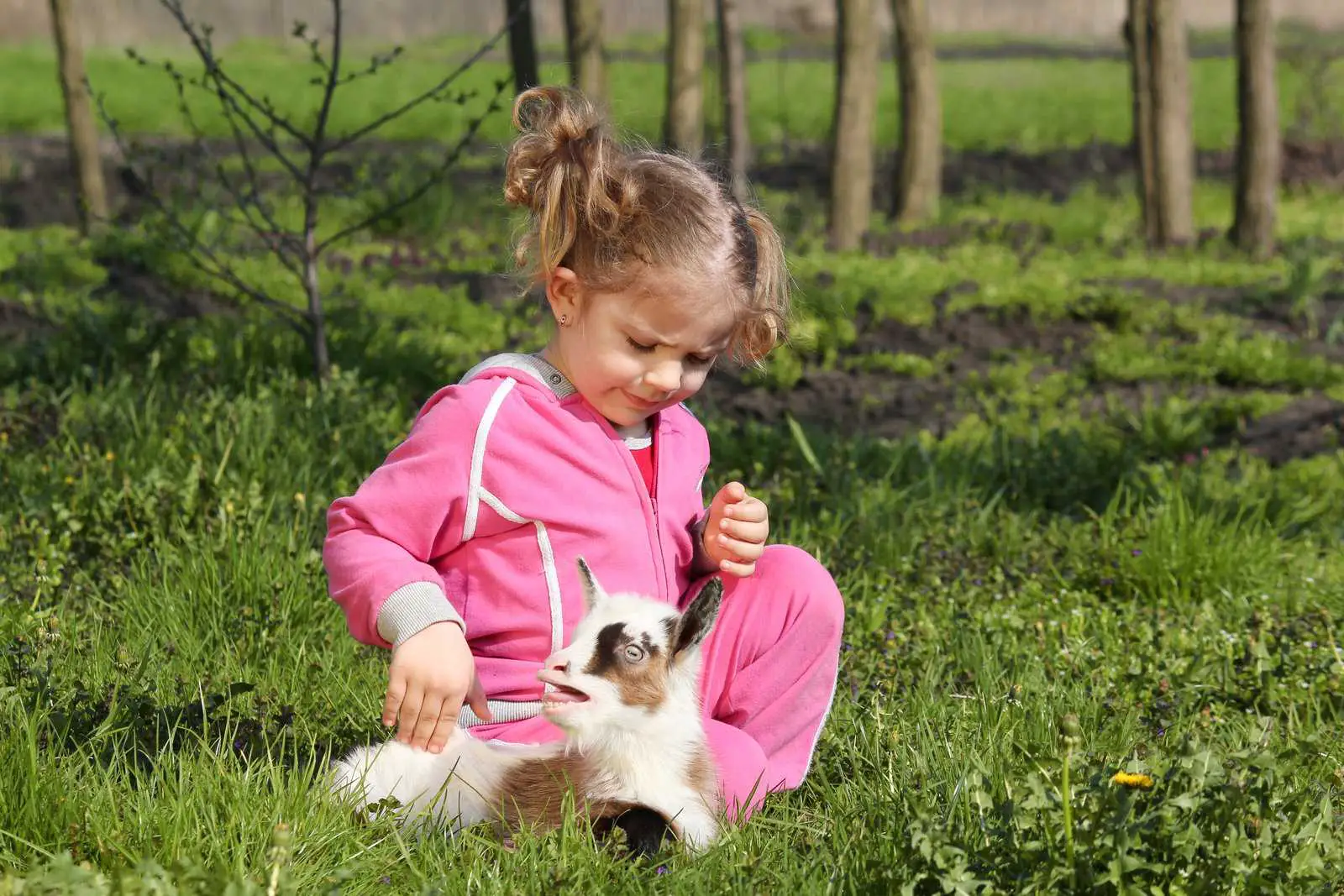Children with disabilities value pets just as much as everyone else. The question a lot of people are wondering is ‘What is the best pet for my special needs child?’. Today, we hope to answer that very question!
Often times, a child with a disability becomes more withdrawn from the world, and a pet can help them to connect with and open up to the outside world. As a result, children with learning disabilities can start to have higher social engagement, making them more likely to be successful in school and other social settings.
It doesn’t stop there either, pets also help a child develop responsibility and sensitivity in their everyday life, something that might not always come naturally to a child with special needs.
What options do you have for the type of pet you could provide for your special needs child? Well, dogs are great friends and service animals, but if allergies, costs, or lifestyle constraints prohibit you from having one, you might also find the newest member of the family in a small pet or mammal.
Hence, before committing to any species of pet for your kid, there are some basic questions to ask yourself:
- How much of my money and time can I dedicate to the care of this new pet, both in the long run and upfront?
- Would I be willing to feed the Pet and clean its enclosure if my kid can’t or would be unwilling?
- Would my child be able to safely handle the Pet?
Moreover, the kind of pet you select for your child would depend on your child’s specific maturity and needs. The following are pets good for children with special needs:
Here Is A List Of Five Types Of Pets That Are Suitable For Kids With Special Needs
Before purchasing pets for kids with disabilities or special needs, you can research thoroughly and consider the various pet choices and breeds. Here are some pros and cons of the most common pets:
Dogs
Dogs are perfect friends for children with autism and special needs because they will love your child wholeheartedly. Dogs are often more able to cope if your child is a bit rough with them at the start, although this can of course vary from dog to dog. By selecting a dog breed known to be calmer, you have more likelihood of this being the case. American Kennel Club has an excellent article going over the calm dogs breeds in detail.
If your child has allergies, you might want to consider the Bichon Frise breed. Regular grooming is an important part of keeping your Bichon clean, healthy, and looking good. This is good for allergies, as less of that allergy causing hair and dander will be lying around your home. As this breed has curly hair, it will help trap most of this within the dog’s coat rather than escaping 🙂
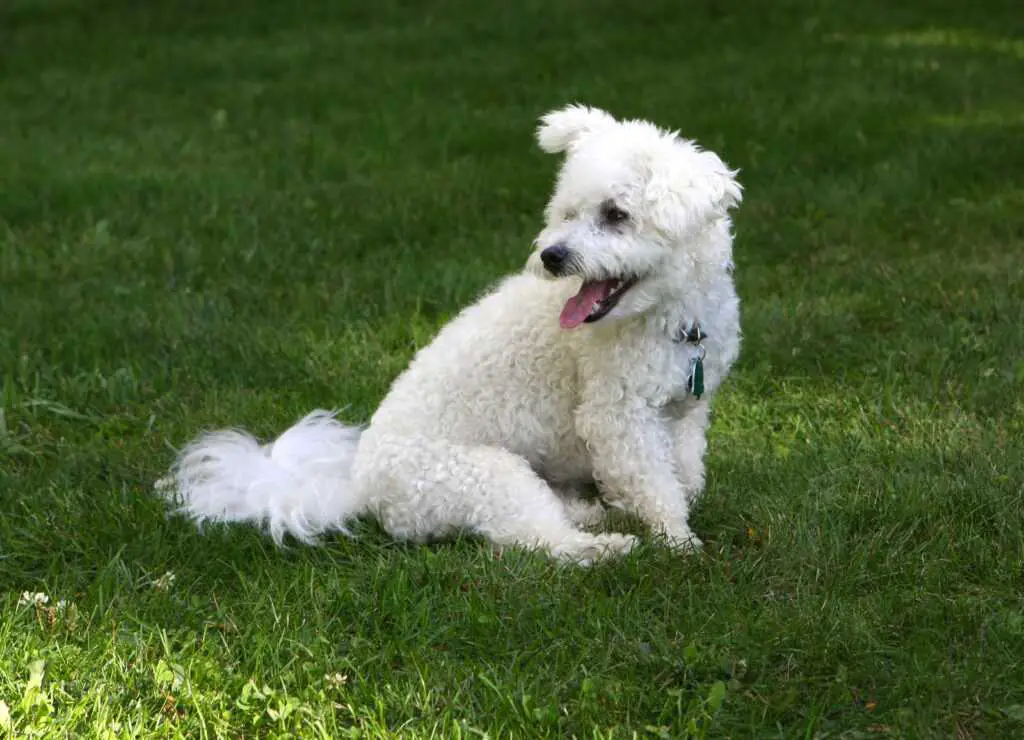
That said, dogs are equal to having another child. They need a lot of upkeep, treatment while you’re gone, and every breed has its own personality traits or needs. For example, certain dogs won’t be comfortable in the yard because they have to walk 2-3 times a day. Again, make sure to do your homework on what breeds are child-friendly, particularly for children who play rough.
A good option might be to find a dog you can foster before you adopt, meaning you should know the history of the dog well and get a chance to see how your child reacts before going all in.
Cats
Cats have very distinct characteristics, which you can discover when you visit a pet rescue center. If your child is allergic, you should get a hairless cat. Nevertheless, cats aren’t always as easy going as dogs, and many can bite or scratch if they are annoyed.
Having said that, cats can have a deep attachment to humans, which may be great for your child. When in the mood, they can be playful and fun loving companions to have around the house.
You could look at it this way. It is unlikely your child would ever get seriously hurt by a cat, so they may be a great way to teach them about how to be caring and gentle.
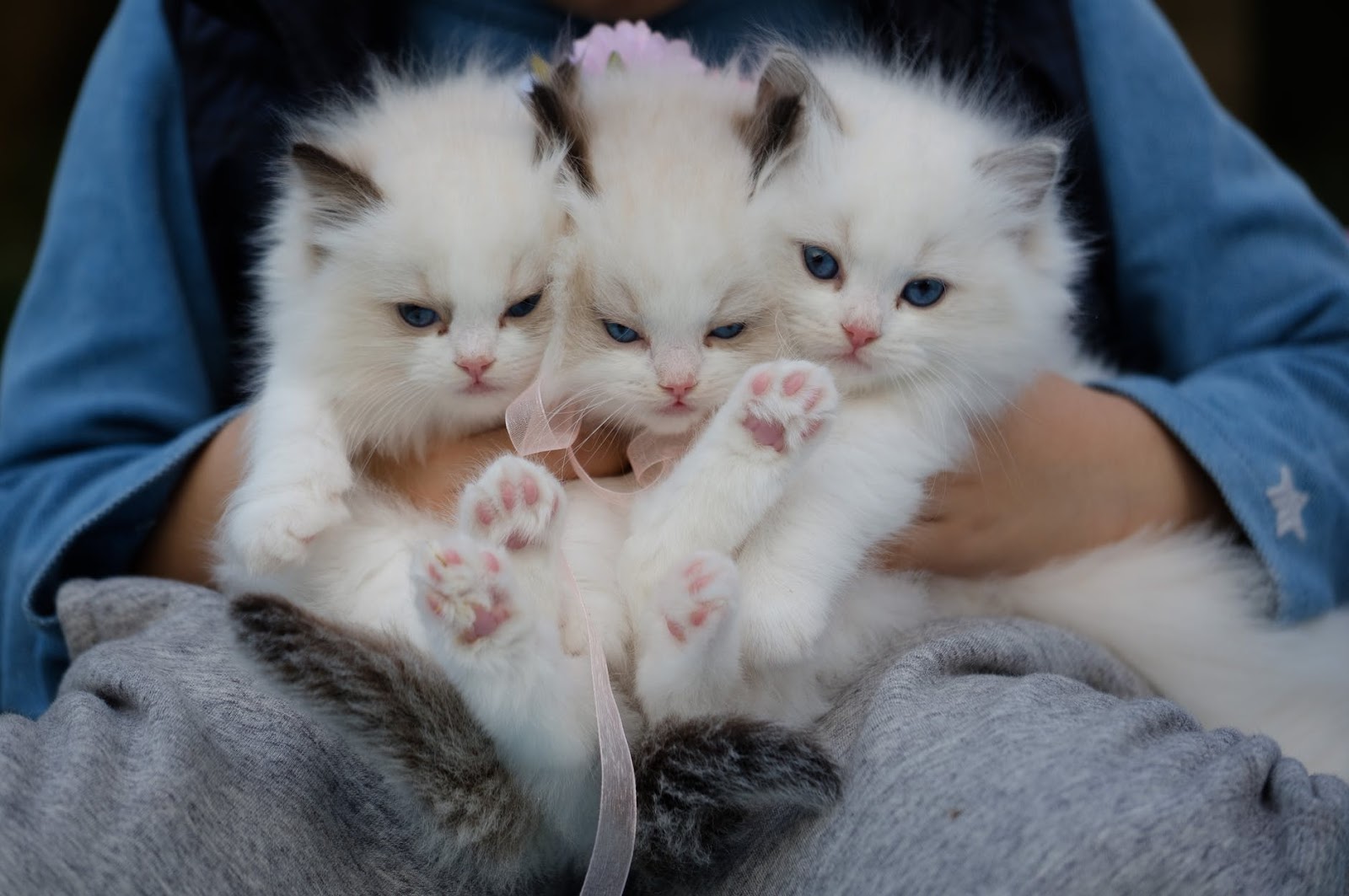
Fish
Behind the terrible reputation that they often get as “boring,” fish will make a perfect first pet. Seeing a fish swim in its tank can be reassuring and alleviate fear. A stunning fish tank can be a serene and peaceful sight to watch. The gentle bubbling of the tank can also be soothing background noise.
With fish, there is no need to think about sensory processing disorder as noisy barks or squawks that might be an issue with other pets are a non-issue with fish.
Fish will be a perfect way to encourage your child to be responsible and caring. Helping to feed fish and maintain the tank will do just that! The only slight negative is that they can’t be handled, so some children might not feel as engaged with fish as they would with other pets.
Guinea Pigs
Did you know that the guinea pigs are one of the most intelligent animals on the planet? They’re very communicative, chirping all day quietly long! Researchers have found that guinea pigs have a soothing impact on children with autism and can enable them to become more interactive, social, and less nervous.
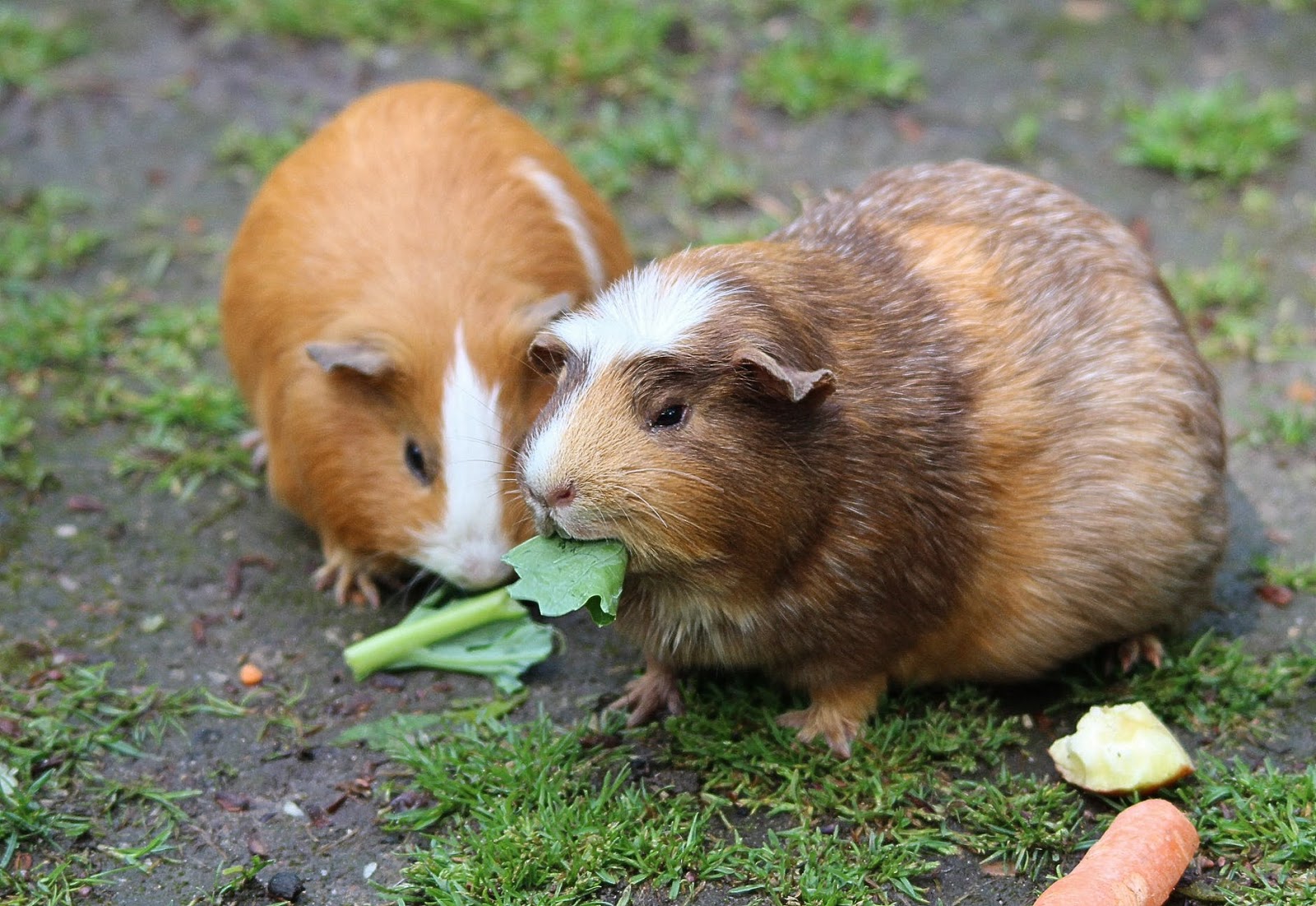
They’re friendly, fluffy, and cuddly, and they can give everyone a relaxing pet. The drawback is their maintenance of grooming is much higher than their rabbit or hamster relative. The cage of a guinea pig has to be cleaned daily.
For some children, you will find this routine and daily act of responsibility can be a good learning experience for them.
If you wish to have a guinea pig as part of your pet family, we suggest purchasing two. They’re so friendly and social that if they don’t have at least one other guinea pig to play with, they’re going to be miserable and lonely.
Leopard Geckos
Leopard geckos are probably the most low-maintenance reptile we can own and, for this reason, they are one of the most common pet reptiles! They are submissive, easy to treat, and don’t bite, making them a perfect companion for young children. Calm by temperament, adorable, and eager to be owned, leopard geckos are an outstanding family member.
Besides, they are relatively cheap and easy to feed and take care of. Be aware though that leopard geckos can have a lifetime of up to 20 years, so make sure you’re ready for a long-term dedication!
The only downside here is that a gecko is not exactly an obvious source of affection like those fluffy fur ball pets are, so your child might take time to warm up to it.
Ensuring a Good Relationship Between Your Special Needs Child & Pet.
Now comes the tricky part: how to teach accountability to your kids! There are a few things that you can do to help your child understand how to handle and look after a pet.
Before Purchasing The Pet, Expose Your Child To The Pet.
If you are ready to have a pet, please let your child know before randomly taking one home on a whim. If you have a family member or friend with a pet that you think your child will love, arrange some “supervised visits” with the Pet to test the waters. Spend some time with your child in pet shops or petting zoos too and start talking about the responsibilities that come with owning a pet.
When Your Child Is Not Around, Acclimate Your Pet
The very worst thing to do is to bring home a new pet–particularly a sketchy one–while your child is around. Special needs kids in particular can get nervous around an unfamiliar animal that they can end up scaring it. Bring your pet in and let it get used to the house for a little while without your child being around. Cats prefer to find a hiding spot, dogs need to sniff it all out, and fish need to adapt to the water. A jumpy, excited kid will make things a lot more complicated.
Use Books to Teach Your Kid about Pets
A great way to teach a child about taking care of a pet is by reading them stories about it first. There are plenty of excellent books around this subject that would get your child thinking about these things without them feeling nagged or ‘preached to’ 🙂 Below are a couple of books I would recommend, you can click the image to view them yourselves over at Amazon.
Make sure you read some of these books to your child well before you get your first pet 🙂
Ensure To Give Your Child Enough Time To Adjust
Make sure to introduce the new pet to your child slowly and in manageable chunks. See how they react. If they instantly build a rapport, then you might want to do things such as setting the new pet in their room. However, if they get the ‘cold shoulder’ at first, just give your child more time to adjust and build up a potential interest. No rush 🙂 A furry friend is like a new family member, and everyone needs to get used to this 🙂
Make Looking after the New Pet Fun!
Children pick up on adults feelings quickly, so if you are having negative feelings about the new pet in the house, your child probably will too 🙂
Even if feeding or cleaning a new pet seems like a chore to you, don’t let your child catch on. If you show excitement about these things, your child probably will too.
Get your child involved in your new pet’s care. After reading books about this, decide together what you will need to look after your pet. Then go to your local pet shop together to buy that brush or fish tank cleaner.
Map out a pet care timetable together and let your child help out at every step. Your child will be much more likely to show interest and excitement in your new pet this way.
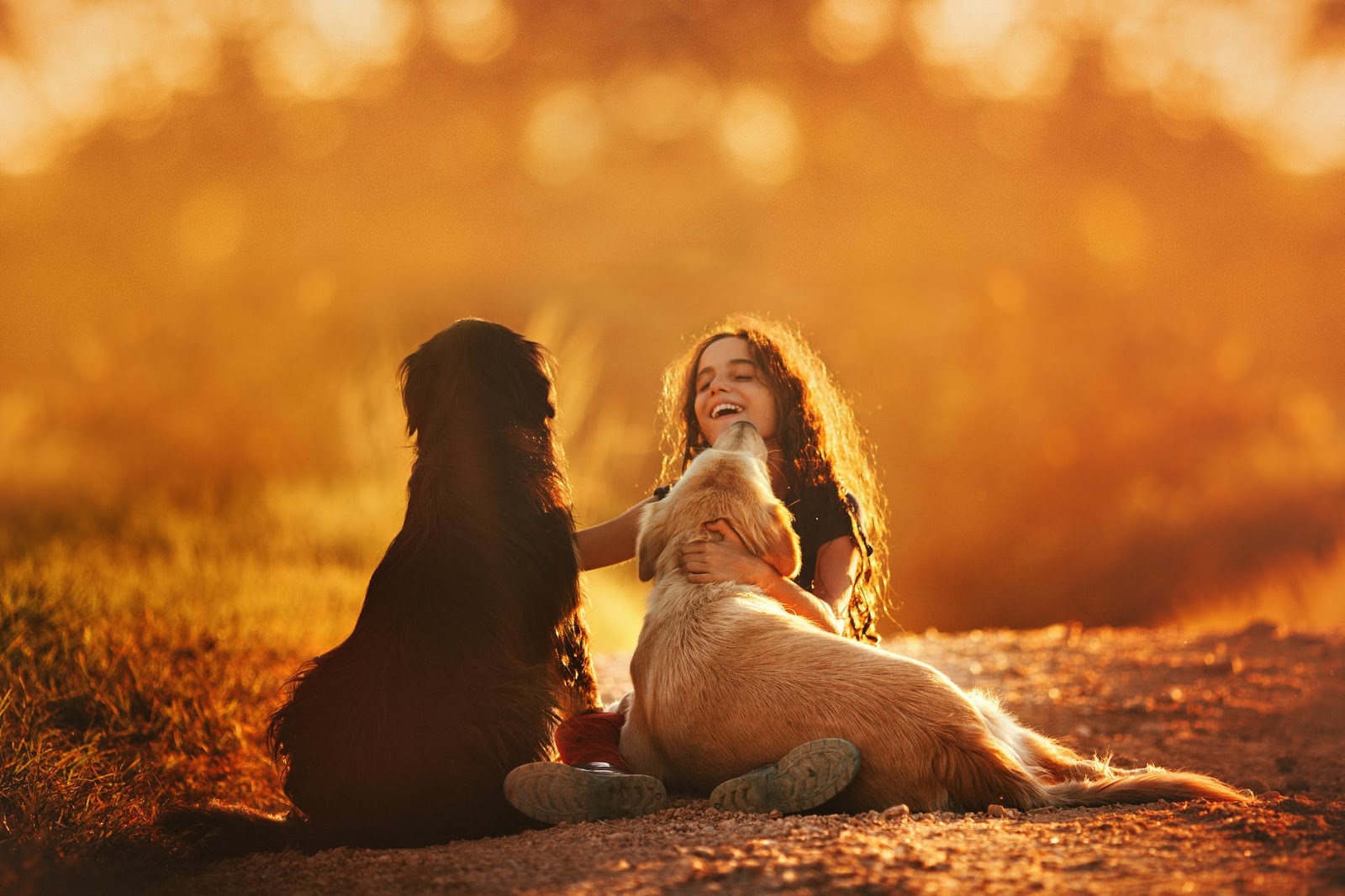
Some Benefits Pets Have On Kids With Special Needs
Getting a pet for your special needs child has so many benefits. Some of these benefits are:
It’s A Form Of A Strong Motivator:
If your child makes a connection with their new pet, it will probably provide a strong motivation in their young life. They will want to take time to look after and care for their new companion.
Source Of Comfort And Love
Dogs–and particularly cats–love and cherish, giving a friend to your child in times of need. Also, petting cats and dogs have a soothing influence on the body. Being a child with special needs, they might have tough days or feel stressed understanding the world around them. A pet can provide an excellent form of pet therapy at these times.
Learn to Be Gentle and Caring
Daily feeding, treatments, brushing, cleaning the pet’s cage, pet training, vet appointments, etc., teach your child how a living being needs to be cared for. Also, how their actions affect others. These are important building blocks to any young child’s character growing up.
The Wonder of Pets
I hope we have provided some inside into a good pet you could buy for your special needs child. Introducing your child to the wonder of pet ownership could have a great positive influence on their life.

